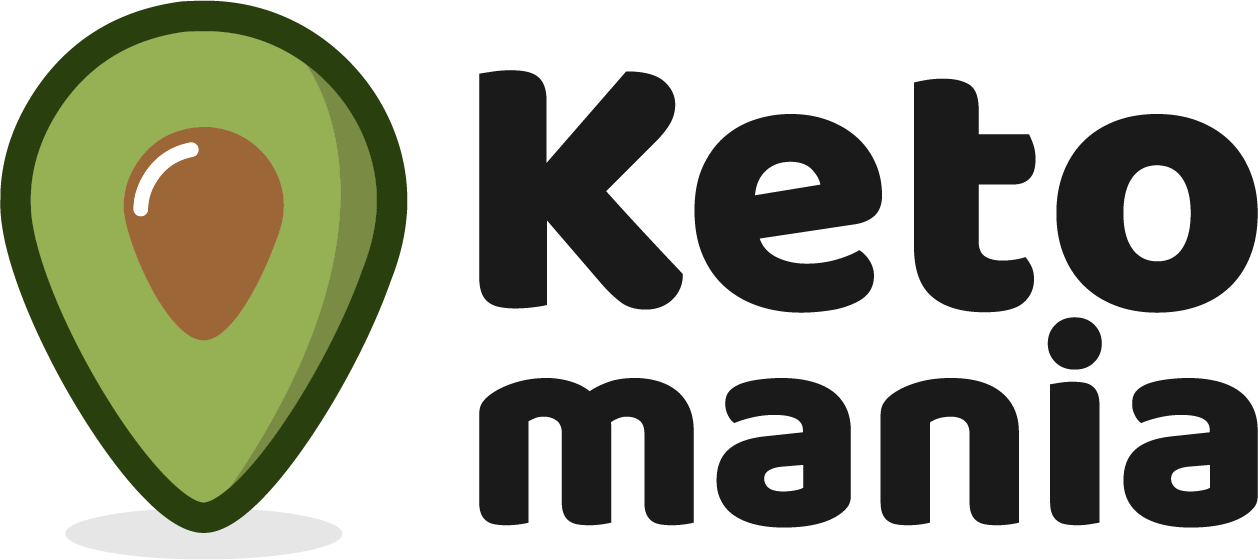Insulin resistance has become more and more “popular” in the past few years. Women with the diagnosis of polycystic ovarian syndrome (PCOS) or those that are overweight commonly suffer from insulin resistance.
The low carbohydrate diet, and variations including the ketogenic diet, are topics often discussed in the world of nutrition and complications of carbohydrate metabolism. I want to shed more light on this topic, so that you can fully understand the legitimacy of such a nutrition model.
Insulin resistance is not always related to being overweight, but in most cases, these problems come together in a package. The ‘ol chicken and the egg paradox is a knee jerk analogy when it comes to insulin resistance vs excessive weight. The level of insulin produced by the body is also a culprit, which is fueled by the bodies resistance to the hormone that leads to metabolic pathology or hyperinsulinemia. Hyperinsulinemia is a downward spiral essentially leading to type 2 diabetes, therefore, prompt diagnosis of insulinemia and an action plan to combat it’s progression is essential to health. The doctor decides about the introduction of pharmacological treatment depending on the results of the lab work and their own assessment the patient’s health and lifestyle. However, there are no miracles in treatment and prevention. Incorporating proper diet and exercise into everyday life is an absolute necessity for anyone suffering from this pathology or those wishing to avoid it.
What diet?
The goal of such diets is to limit the production of insulin by the pancreas. The job of the pancreas in the body, among many things, is to respond to a carbohydrate rich meal by flooding the body with insulin. The ultimate goal is a long-term reduction in insulin secretion. Excess insulin in the blood causes a down-regulation, or degradation, of insulin receptors in the body. This is the essence of insulin resistance. This decreased secretion will cause an up-regulation of insulin receptors in the body leading to insulin susceptibility.
There are simple carbohydrates and complex carbohydrates, the digestion of which looks a bit different, but the differences in their global impact on the body are very important. Simple carbohydrates will be digested and absorbed quickly after eating, causing a sudden spike in the level of glucose and insulin in the blood leading to rapid movement into cells. This previous concept is what is known as a “high glycemic index”. This is ultimately a problem because the rapid utilization in sugar results in a rapid drop in blood sugar and energy. Alternatively, complex carbohydrates are slowly broken down and will gradually release energy while causing mild insulin release – these carbohydrates have a low glycemic index.
Protein and fat, the other two macronutrients of food, do not cause such great effect on the secretion of insulin (they have a nil glycemic index, e.g. eggs, meat) because they are digested differently. The ketogenic diet is therefore heavily based on these macronutrients. Thanks to the lack of access to carbohydrates and reduced insulin levels, the body switches from obtaining energy from carbohydrates to obtaining it from fat – those consumed and those stored in the form of fat tissue, although this is a oversimplification. The process of converting the body to ketogenesis is a process during which you may feel temporary discomforts like headache and difficulty with concentration. However, these symptoms
typically pass in 1-2 weeks.

A low-carbohydrate diet tailored to your needs?
It is not advisable to maintain a diet totally lacking carbohydrates for an extended period of time, because they are necessary for the proper functioning of the body (even the synthesis of some hormones), but you need to keep in mind their origin and quality when introduced back into the diet. A wisely arranged low-carbohydrate diet can have spectacular effects on many diseases. As always, you should observe the response of your body to a particular diet and understand what is effective for yourself. The growing popularity of the ketogenic diet is definitely well received

